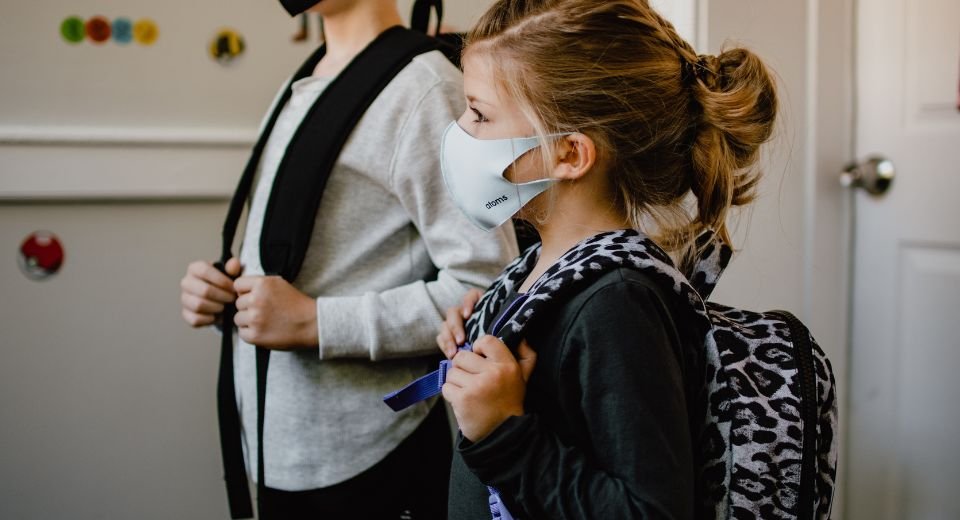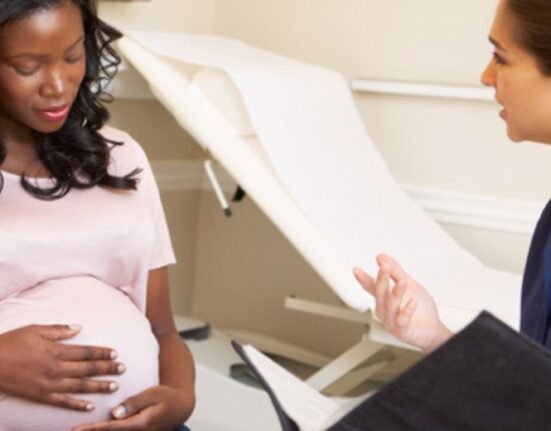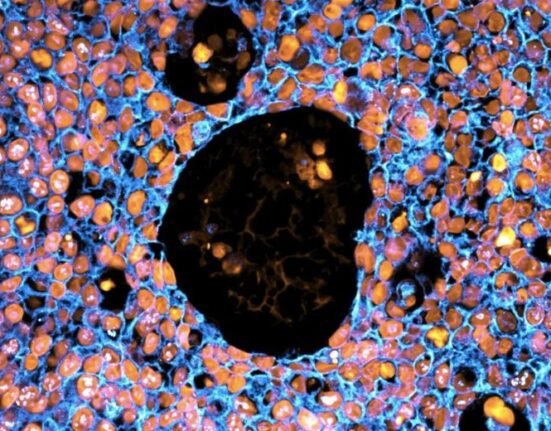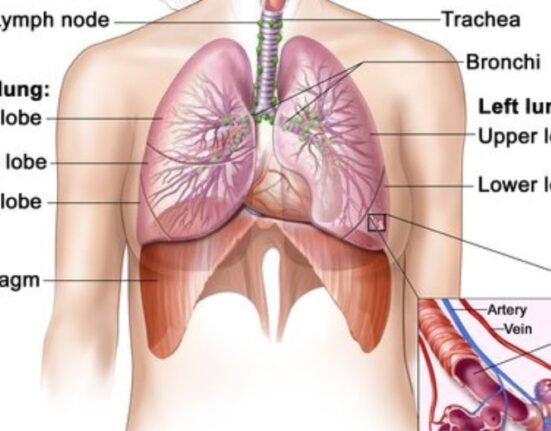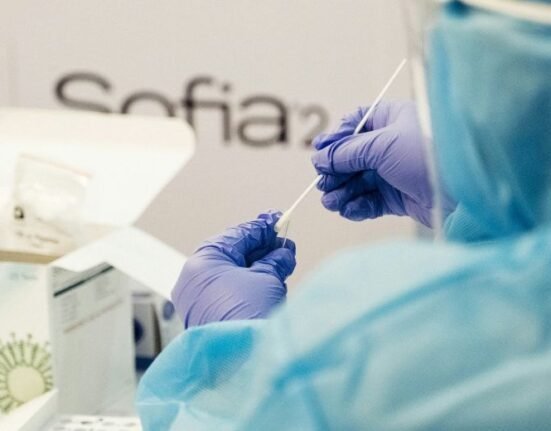HQ Team
November 3, 2025: New research from Mass General Brigham reveals that children of mothers who had COVID-19 during pregnancy may face an elevated risk of neurodevelopmental disorders, including autism, speech delays, and motor disorders . The study, published in Obstetrics and Gynecology, analyzed more than 18,000 births and provides some of the strongest evidence to date linking maternal COVID-19 infection to altered fetal brain development .
“These findings highlight that COVID-19, like many other infections in pregnancy, may pose risks not only to the mother, but to fetal brain development,” said senior author Andrea Edlow, a maternal-fetal medicine specialist in the Department of Obstetrics and Gynecology at Mass General Brigham. “They also support the importance of trying to prevent COVID-19 infection in pregnancy and are particularly relevant when public trust in vaccines — including the COVID-19 vaccine — is being eroded.”
The numbers
The comprehensive study examined mother-child pairs who delivered within the Mass General Brigham healthcare system during the peak of the pandemic between March 2020 and May 2021. The researchers compared outcomes between children born to mothers who had laboratory-confirmed COVID-19 during pregnancy and those who did not.
The table below summarizes the most significant findings:
| Aspect | Children of COVID-Positive Mothers | Children of COVID-Negative Mothers |
|---|---|---|
| Any neurodevelopmental diagnosis | 16.3% (140 of 861 children) | 9.7% (1,680 of 17,263 children) |
| Autism diagnosis | ~2.7% | ~1.1% |
| Adjusted overall risk increase | 29% higher odds | Baseline |
The research team, led by maternal-fetal medicine specialists Dr. Lydia Shook and Dr. Andrea Edlow, analyzed electronic health records from one of the largest healthcare systems in the Northeast . The study period was particularly significant because it occurred before COVID-19 vaccines were widely available to pregnant women. This allowed researchers to isolate the effects of the virus itself, as 93% of the mothers in the study had not received any vaccine doses
The most common diagnoses in children exposed to COVID-19 in utero included disorders in speech and language development, motor function disorders, autism, and other psychological developmental disorders .
“The overall risk of adverse neurodevelopmental outcomes in exposed children likely remains low,” noted co-senior author Dr. Roy Perlis of the Mass General Brigham Department of Psychiatry. While the relative increase in risk is significant, the vast majority of children born to mothers who had COVID-19 during pregnancy did not receive a neurodevelopmental diagnosis by age 3.
Timing and gender matter
The research uncovered important patterns in how risk varies among different groups. The study found that the timing of infection during pregnancy and the baby’s biological sex both played significant roles.
-
Third Trimester Vulnerability: The risk was most pronounced when maternal COVID-19 infection occurred during the third trimester. This period is considered a critical window for brain development, which might explain the heightened vulnerability .
-
Higher Risk for Male Children: Male children were found to be at significantly higher risk than females, with one analysis showing boys faced a 43% higher risk compared to girls. This aligns with previous research suggesting that male fetal brains may be more susceptible to maternal immune responses.
The new findings are what researchers call “biologically plausible”. They build upon established knowledge about how maternal infections during pregnancy can affect fetal development.
“These findings highlight that COVID-19, like many other infections in pregnancy, may pose risks not only to the mother, but to fetal brain development,” said senior author Dr. Andrea Edlow.
Previous animal studies have shown that immune activation during pregnancy can disrupt normal fetal brain development and offspring behavior. When a pregnant person’s body mounts an immune response to fight an infection, the resulting inflammation may potentially impact the developing fetal brain, even without direct transmission of the virus to the fetus .
Prevention and care
The study’s authors emphasize that their findings support the importance of preventing COVID-19 infection during pregnancy. This includes vaccination, which was not available to most participants in this early-pandemic study.
“The findings also support the importance of trying to prevent COVID-19 infection in pregnancy and are particularly relevant when public trust in vaccines – including the COVID-19 vaccine – is being eroded,” Dr. Edlow highlighted.
For parents who had COVID-19 during pregnancy, the researchers stress the importance of awareness and advocacy rather than alarm.
“Parental awareness of the potential for adverse child neurodevelopmental outcomes after COVID-19 in pregnancy is key,” said lead author Dr. Lydia Shook. “By understanding the risks, parents can appropriately advocate for their children to have proper evaluation and support”.
Early monitoring and intervention can make a significant difference for children with neurodevelopmental disorders. If parents have concerns about their child’s development, they should discuss them with their pediatrician.
While this study provides valuable insights, some experts note that the risk profile may have changed since the early days of the pandemic. Michael Osterholm, an infectious disease expert at the University of Minnesota, suggested that just as other COVID-related complications like myocarditis have decreased, “this may have been an early phenomenon”. Further research is needed to understand the long-term implications and how risks may have evolved with newer variants and widespread vaccination.


